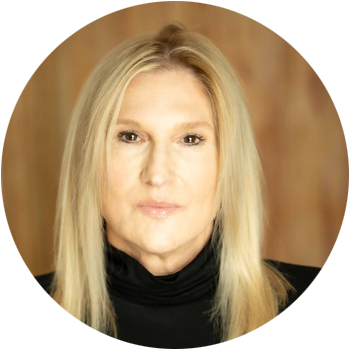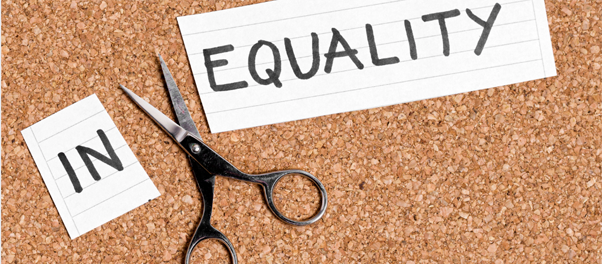Radical Acceptance
Today as I write this sunny day in May, I am wearing down booties and a scarf. It is thirty degrees. Snow is forecast for parts of New York. This is unexpected and unwelcome. On the few days it has been seasonably warm this Spring, I felt a hint of promise. It felt easy to sit and appreciate the warmth of the sun and the sight of birds and bees.
It is undoubtedly harder to accept a chilly day in May than in December. Why is that? It has to do with our expectations. One wise teacher said that letting go is so much easier if we stop grasping for things. It’s a beautiful day wrapped in my scarf. It’s the grasping for sun and a lounge chair that creates frustration for me.
So today’s practice will help us to experience ourselves and the world, without wishing for something else. The act of learning to observe and experience things you didn’t expect or didn’t want–without judging or rejecting– is a large part of mindfulness. It frees us from unnecessary sadness, frustration, and self-criticism. This type of acceptance has been termed Radical Acceptance.
Tara Brach, a psychologist and mindfulness teacher who has taught thousands of people how to practice mindfulness describes Radical Acceptance as follows:
Radical Acceptance reverses our habit of living at war with experiences that are unfamiliar, frightening, or intense. It is the necessary antidote to years of neglecting ourselves, years of judging and treating ourselves harshly, years of rejecting this moment’s experience. Radical Acceptance is the willingness to experience ourselves and our lives as it is. A moment of Radical Acceptance is a moment of genuine freedom.
In her book, Radical Acceptance, she teaches about this concept by telling the story of a friend who was sitting with her dying mother who was unresponsive. At one point, her mother suddenly opened her eyes, looked at her daughter, and spoke, saying, “You Know, all my life I thought something was wrong with me. What a waste.” We spend so much time wishing we were different or believing that we should be better, stronger, more like someone else. Or we fervently believe that others should be different. If they were different, I could be happy. Why is this such a waste? Well for the woman in the story, imagine the amount of energy she spent wishing she were different. Imagine the amount of anxiety, self-blame, and guilt she could have avoided.
My dissertation work involved interviewing hundreds of people within the last two weeks of their life. I administered structured instruments to them to assess pain, depression, happiness, and their feelings about death. The most remarkable thing was after the interviews, many of them asked me sit by them because they wanted to talk. Most always, the talk was some piece of advice they wanted to impart to me. Their advice was remarkably consistent. They told me not to waste time in my life worrying about small things. They told me to value and enjoy my time with friends and family. One told me not to listen to any negativity, and another told me positive things about yourself and others are always there, you just need to see them and not doubt that they are true. Their advice, in sum, was to accept the world without a filter of negative bias about the way things should be. And, not sweat the small stuff. But this is easier said than done for- sure.
Today’s practice is more of a reflection than an exercise. Watch Tara Brach explain in less than two minutes, why it is so hard for us to practice radical acceptance with ourselves. Then take five minutes of quiet reflection to write any thoughts that come up for you. The thoughts that come up during silent reflection are clues. Like a scavenger hunt, they tell you where to go next, and what to focus on in order to cultivate acceptance and end wasteful suffering in your life. So click this link now…
What thoughts came up for you? What are you stuck on? Do you feel like you need to “drive yourself” like a harsh animal trainer? What are you having a hard time accepting about the world? About particular people in your life? About yourself or your current circumstances?
Pick the one thing that creates the most stress or unpleasantness and focus on it. Then, recall the words or the woman in the story, “what a waste.” Just breathe and be brave enough to accept the thought, trait, or person so you have the freedom to approach it or yourself in a different way.
Have a peaceful day.
Michele























